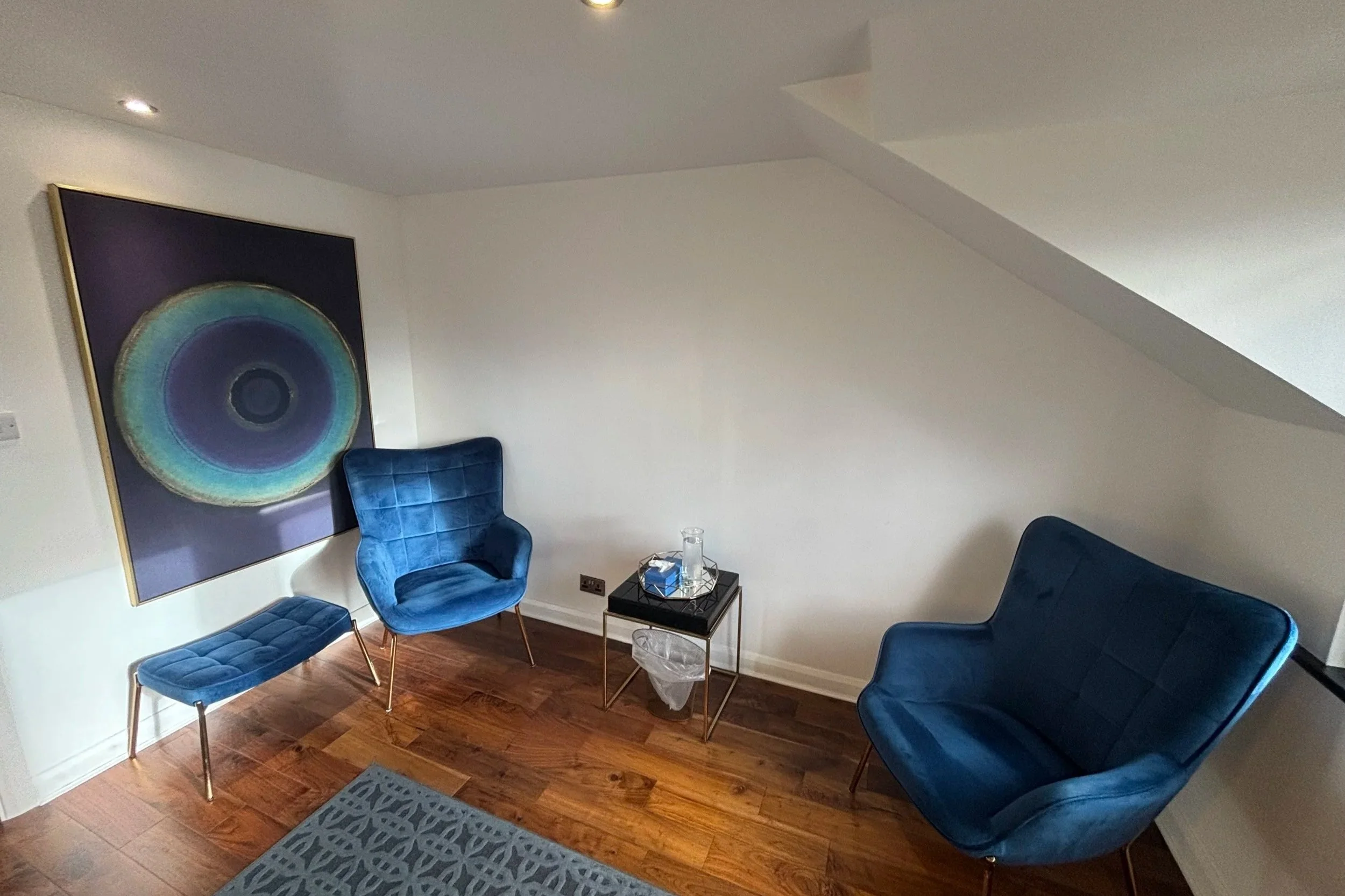Contacting a therapist for the first time
It can feel very daunting to contact a therapist. A lot of my clients tell me that they feel nervous about reaching out. I remember from my own time as a client, feeling unsure about what happens and what I should say. What will I be asked? What questions should I ask? Will I be judged? How will I know if I can trust this person?
Sometimes people contact me with a sentence or two, saying they are looking for a therapist and am I available? Others send a bit about what’s going on with them and why they are seeking therapy. Either of these approaches is fine, the key is hitting ‘send’ on the email, or the text message, or making the call.
If you are new to counselling or therapy, it can be useful to do some background reading – this article from the BACP is a good place to start.
The introduction
When I receive your enquiry, I will offer you half an hour to chat about what’s going on and why you feel therapy will help. Some people prefer to do this by phone, some ask for an online session, some want to meet in person. I’m happy with all of these.
This introduction is not a therapy session – I will not be asking you for a lot of detail about your situation, but it will be an opportunity for you to outline your story and the difficulties you are experiencing. Think of it more in terms of a consultation – an opportunity for us both to find out more about each other, informally. Many clients tell me that they are having two or three such introductions with different therapists, for comparison, and I encourage this.
It’s well established that the most influential aspect of any therapy, the part most likely to make it effective and successful, is the connection between the therapist and the client. That’s why the initial contact is so important – it gives you a feel for whether I’m someone you can talk to. I do my best to make the call relaxed and friendly.
My usual consulting room at the Tower Clinic
What will we talk about in the introduction?
I will ask you what you hope to gain from the work, and how you would like to benefit. I might ask you a bit about how you look after yourself, whether you’ve had counselling in the past and what it was like, and something about the practical side of things – whether you want to attend in person or work online, for example.
The introduction is an opportunity for you to ask me anything about how I work, my experience, or anything else which will help us understand each other’s expectations about working together.
What happens next?
Clients often tell me they are speaking to more than one therapist or would like some time to reflect on our conversation before making a decision; I understand this. Sometimes people decide during the call that they would like to book a session, that’s fine too.
When you tell me that you would like to get started, I will email you a copy of my contract. This takes the form of an agreement about how we are going to work together - issues like confidentiality, data and information security, attendance and fees. Once I receive the signed contract back from you, we are good to go. It’s an important part of the process; it confirms our expectations of each other before we start the work itself. I’m always open to any questions about the contract or anything else, just ask.
Starting therapy is an investment in your mental and emotional wellbeing. It’s understandable that you might feel a few nerves – that means it matters. The initial contact is where recovery begins, acknowledging a problem and starting a conversation about it. Everything else flows from there.
You can request an introduction with me here.
